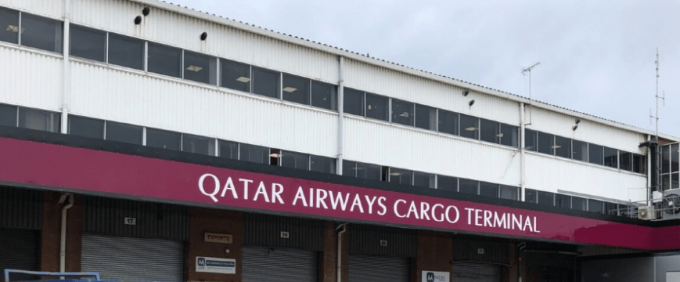Qatar Airways Cargo appoints veteran Eric Wilson to head cargo sales
Eric Wilson has been appointed senior vice president sales for Qatar Airways Cargo, based in ...

Varying capacity and labour, together with new flight schedules, are making it increasingly difficult for companies to manage volume flows in the ‘new normal’ of 2020.
It was as a result of these issues that Menzies faced “absolute turmoil” at Heathrow last month, explained executive vice president cargo Robert Fordree.
At an IATA webinar on the problems that beset the handler, Mr Fordree used the analogy of a jigsaw puzzle to explain how the handling business worked.
“The carriers are the pieces. The ...
Keep our news independent, by supporting The Loadstar
Container spot rates diverge: to Europe still falling, but firmer to the US
Volume surge and an early peak season? 'Don't celebrate too soon,' warning
Hapag-Lloyd won't take bookings if port congestion leaves cargo stranded
Ecommerce likely the front-runner in resurge of transpacific trade after deal
China-US trade tariff pause could drive a rebound for transpacific rates
Service chaos from trade ban with India a problem for Pakistan shippers
Airfreight rates ex-China 'loss-making', but hopes of a trade deal stay high


Comment on this article
Rajyhan Ahmed
October 20, 2020 at 4:43 pmOur company is going through a bad
Patch … it’s a ground handlers who management
Highly professional in this Turmoil that the
Company but will make full recovery .